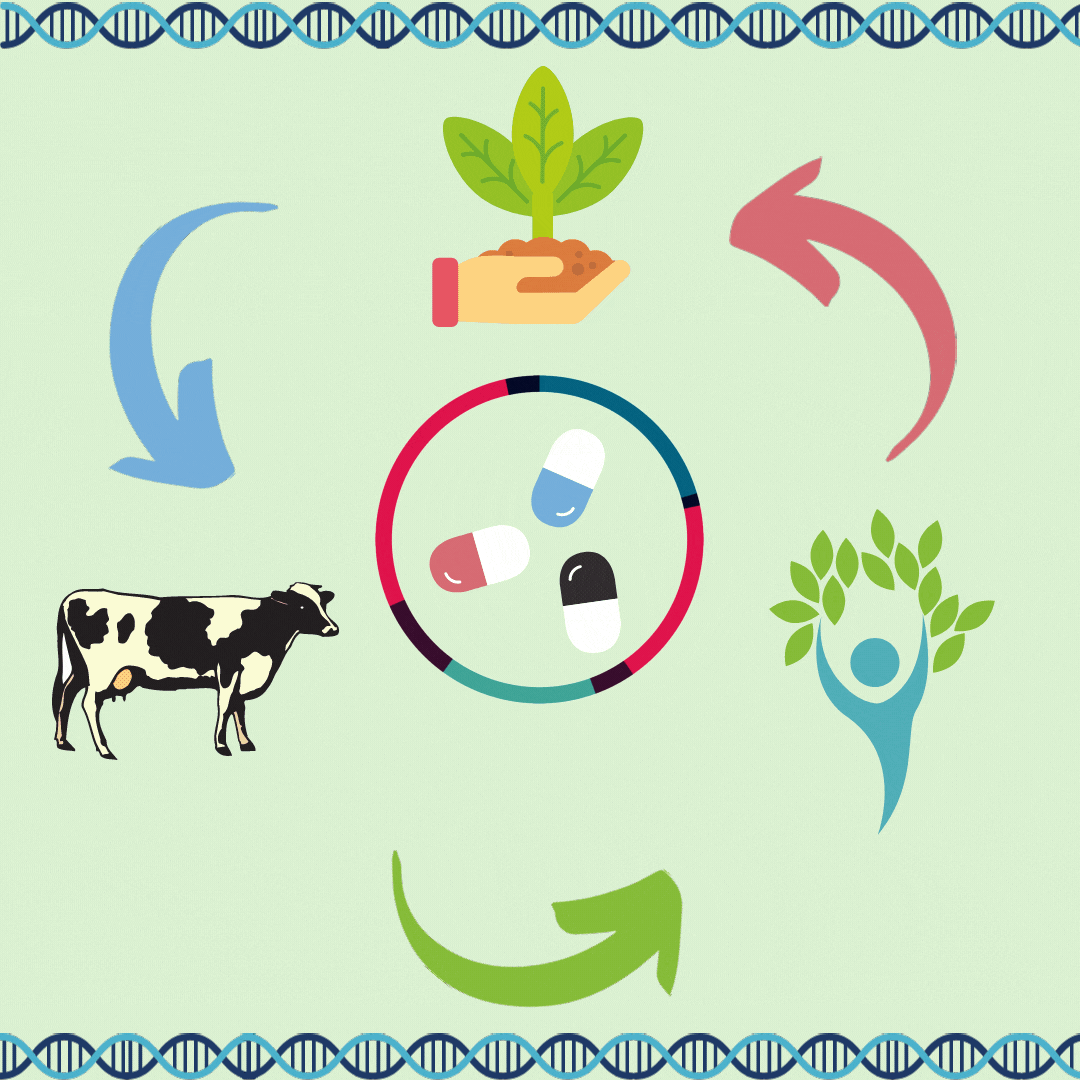
Antibiotic Resistance & Health Disparities
While working to uncover information about antibiotic resistance and developing strategies to mitigate it, we realized how disproportionately this issue impacts those who face food insecurity. As we and the greater scientific community work towards synthetic biology solutions, it is vital to not forget about the many who are impacted by antimicrobial resistance every day in the interim. We can encourage consumers to invest in USDA Process Verified antibiotic free poultry and fish, but for those who are not sure they will even have access to their next meal, this option offers them no protection from the consequences of antibiotic resistance. Like so many of the issues facing humanity, we find that antibiotic resistance risks are amplified among marginalized communities, giving us scientists a chance to fight to reduce health disparities like these that are so pervasive in our society. The COVID-19 pandemic has highlighted how deadly inequalities in healthcare can be, with a disproportionate number of cases and deaths being relegated to the African American and Hispanic communities in the US1. With many experts believing that antibiotic resistance is another global pandemic currently brewing, it is imperative that we take steps now to identify and reduce the disparities.
HEALTHCARE
Preexisting health conditions and hospitalizations for preventable illness are more common among minority populations, making them even more at risk for severe complications from antibiotic resistance, as well as for obtaining opportunistic infections from hospitals.
AGRICULTURE
Researchers have found that approximately 60% of people working in American meat factories are ethnic minorities, meaning they are more likely to be exposed to high levels of antibiotic usage, regardless of whether they directly consume the meat2. This risk is even more heightened among the many minority populations who face food insecurity, leading them not to have the economic resources to discriminate between antibiotic-fed and antibiotic-free food products.
We wanted to educate through service...
To play our part in helping reduce the health disparities that lead to marginalized individuals being more at risk for antibiotic resistance complications, our team decided to volunteer at a local homeless shelter to make meals for the individuals staying there. We made over 40 peanut butter and jelly sandwich meals and delivered them to the St. Francis House in Gainesville, FL. These meals were made from antibiotic-free ingredients, giving these individuals a chance to enjoy a meal without having to worry about its impact on their microbiome or it predisposing them to developing serious infections. We included a pamphlet, educating the residents and staff about why antibiotic resistance matters, as well as how we intend to use synthetic biology to mitigate it. Our goal with this homeless shelter project was twofold — to educate our community about antimicrobial resistance and to decrease food insecurity among our homeless populations, all the while highlighting the intersection between these two goals in the form of health inequalities. We are very grateful for the opportunity to explore the intersection of health disparities and synthetic biology. We aim to continue making hands-on impacts in the lives of our community’s marginalized groups, who are impacted most by the scientific issues we aim to combat in the lab.







